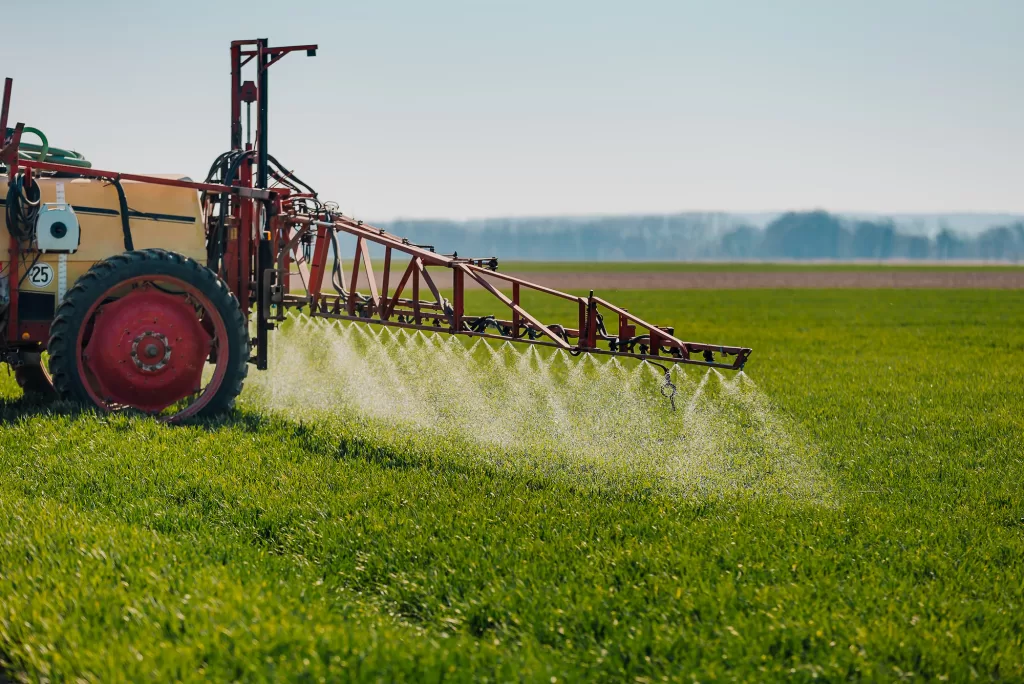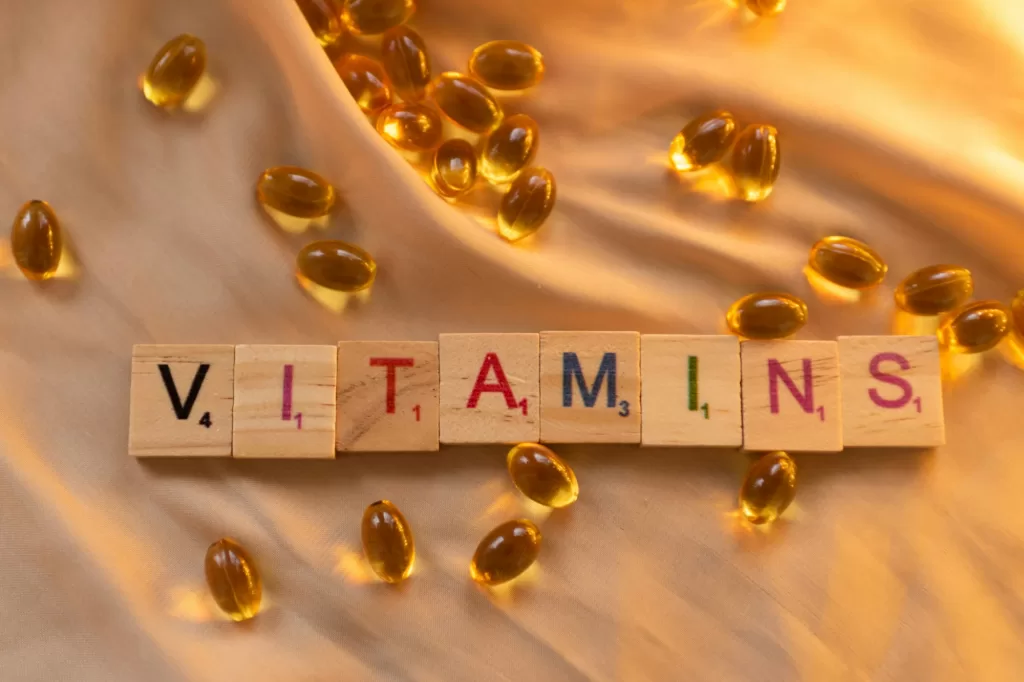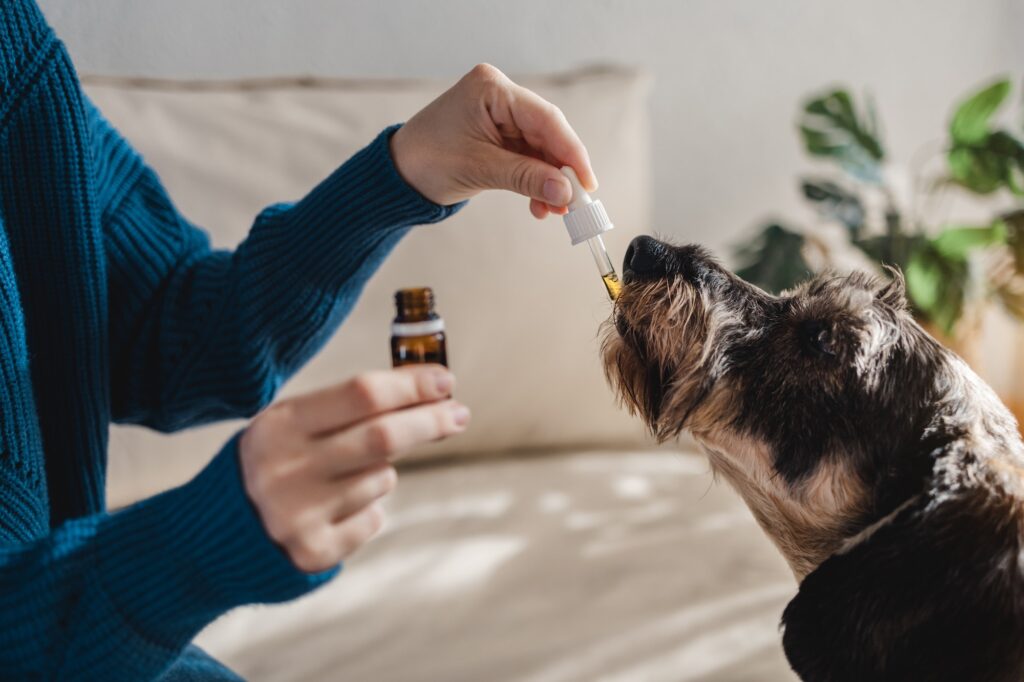Introduction
Botanical supplements have been used for centuries for their potential health benefits, with growing popularity in modern wellness, herbal medicine, and functional nutrition. From ashwagandha for stress relief to kratom for pain management, these natural products are widely used in dietary supplements, teas, tinctures, and powders.
However, with the increasing demand for botanicals comes a greater need for rigorous quality control and safety testing. Many botanical supplements are subject to mislabeling, contamination, and variations in potency, making accurate testing essential for both manufacturers and consumers.
At AccuScience Laboratories, we specialize in botanical testing services, ensuring that manufacturers meet safety, potency, and regulatory compliance standards. This article explores the importance of botanical testing, regulatory considerations, common contaminants, and how AccuScience Laboratories ensures accurate analysis for a wide range of botanical ingredients.
Why Botanical Testing is Essential
Botanical products contain active compounds that contribute to their intended health effects. However, the quality and safety of these products can be compromised by several factors:
- Misidentification – Some products contain the wrong plant species or may be adulterated with synthetic ingredients.
- Variability in Potency – The concentration of active compounds in botanicals can differ due to growth conditions, harvesting methods, and processing techniques.
- Contamination – Botanicals may be contaminated with heavy metals, pesticides, or harmful microbes, posing health risks to consumers.
Because of these concerns, laboratory testing is crucial to ensure that botanical supplements are accurate, pure, and safe for consumption.
Regulatory Landscape for Botanical Supplements
Unlike pharmaceutical drugs, botanical supplements are not subject to pre-market FDA approval. Instead, they fall under the Dietary Supplement Health and Education Act (DSHEA), which requires manufacturers to ensure product safety and accurate labeling.
Regulatory agencies require botanical supplements to meet:
- FDA Current Good Manufacturing Practices (cGMPs) – Ensuring the consistency, quality, and purity of supplements.
- ISO 17025 Standards – A laboratory accreditation for accurate and legally defensible data.
- International Regulations – Including compliance with standards set by the European Food Safety Authority (EFSA) and World Health Organization (WHO).
To meet these regulations, independent testing laboratories like AccuScience Laboratories play a vital role in verifying product quality.
Botanical Testing Services at AccuScience Laboratories
AccuScience Laboratories provides advanced testing solutions for a wide range of botanicals. Our state-of-the-art instrumentation and ISO 17025-accredited methods allow us to perform:
Identity & Potency Testing
Verifying that botanical supplements contain the correct plant species and active compounds in the expected concentrations.
- High-Performance Liquid Chromatography (HPLC) – Measures the potency of key compounds in botanicals.
- Mass Spectrometry (MS) – Detects plant alkaloids and flavonoids with high sensitivity.
- Fourier Transform Infrared Spectroscopy (FTIR) – Identifies botanical species and structural components.
Contaminant Screening
Ensuring that botanicals are free from harmful substances, including:
- Heavy Metals (Lead, Arsenic, Cadmium, Mercury)
- Pesticide Residues
- Microbial Contaminants (E. coli, Salmonella, Yeast & Mold)
Stability & Shelf-Life Testing
Assessing how botanicals degrade over time under different storage conditions.
- Environmental Exposure Testing – Examines temperature and humidity effects on botanical potency.

Key Botanicals We Test
Ashwagandha (Withania somnifera)
Active Compounds: Withanosides & Withanolides (Withaferin A, Withanolide A, Withanoside IV)
Uses: Adaptogenic herb used for stress reduction, cognitive function, and immune support.
Testing:
- Potency testing for withanolides
- Contaminant screening for heavy metals and pesticides
Kratom (Mitragyna speciosa)
Active Compounds: Alkaloids (7-Hydroxymitragynine, Mitragynine, Mitraphylline)
Uses: Used for pain relief, mood enhancement, and energy boost.
Testing:
- Alkaloid profiling to measure active ingredient levels
- Screening for microbial contamination and heavy metals
Kava (Piper methysticum)
Active Compounds: Kavalactones (Kavain, Methysticin, Yangonin) & Flavokavains
Uses: Known for relaxation, stress relief, and anxiety reduction.
Testing:
- Potency testing for kavalactones
- Microbial analysis to detect yeast, mold, and bacteria
Kanna (Sceletium tortuosum)
Active Compounds: Mesembrine Alkaloids (Mesembrenone, Mesembrine, Mesembrinol)
Uses: Used for mood enhancement, cognitive support, and anti-anxiety effects.
Testing:
- Identification and quantification of mesembrine alkaloids
- Purity assessment to ensure product authenticity
Psychotropic Mushrooms (Psilocybin Mushrooms, Amanita Muscaria)
Active Compounds: Psilocybin, Psilocin, Muscimol, Ibotenic Acid
Uses: Studied for psychedelic-assisted therapy, depression treatment, and neuroplasticity benefits.
Testing:
- Potency testing for psilocybin and psilocin levels
- Screening for bacterial or fungal contaminants

The AccuCertified Seal for Botanical Supplements
To help consumers and retailers identify high-quality botanical supplements, AccuScience Laboratories offers the “AccuCertified” seal.
Products that receive this certification have been rigorously tested for identity, potency, and purity. This seal assures consumers that the botanical supplement:
- Contains the listed ingredients at the correct potency
- Is free from harmful contaminants
- Meets industry standards for quality and safety
By choosing AccuCertified botanical supplements, consumers can trust they are getting safe, high-quality products.
Final Thoughts
The growing demand for botanical supplements highlights the need for stringent quality control and reliable testing. With increasing reports of contamination and mislabeling, third-party laboratory testing is essential for manufacturers and consumers alike.
At AccuScience Laboratories, we are committed to ensuring the safety, efficacy, and compliance of botanical supplements. Our state-of-the-art testing methods and AccuCertified seal help manufacturers build trust with consumers and meet regulatory requirements.
Looking for botanical supplement testing? Contact AccuScience Laboratories today!
Website: accusciencelabs.com
Email: support@accusciencelabs.com
Phone: 352.308.8020






